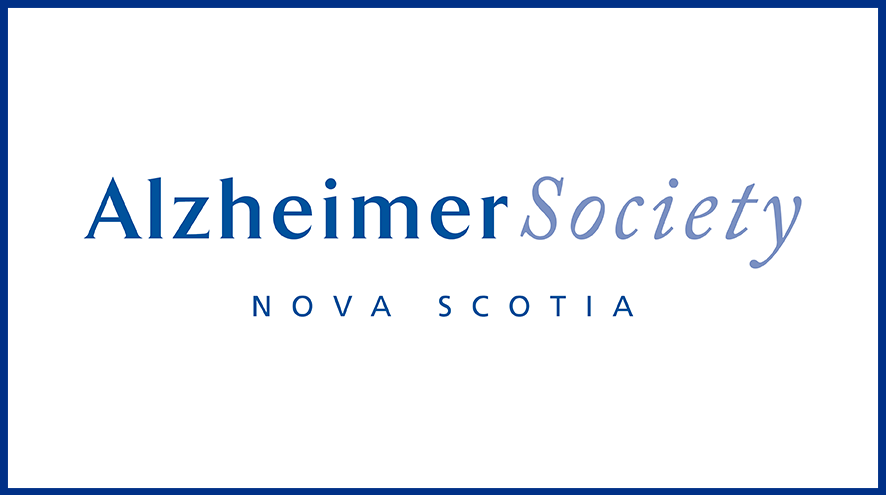National Caregiver Day
Kelsey Villars-Udall graduated with a BA in psychology in 2015 from Emmanuel College in Boston, MA.

She moved to Dartmouth shortly after. Kelsey has since started volunteering with the Alzheimer Society – or more directly, with caregivers. She has been co-facilitating the Dartmouth/Cole Harbour caregiver support group for almost a year.
On today, National Caregiver Day, Kelsey shares with us her experience with caregivers.
“Since graduating I've wanted to gain more real-life experience through volunteering. I've always had an appreciation for caregivers and an interest in Alzheimer's disease and the effect it has on the people with it and those who take care of them.
So I decided to reach out to the Alzheimer Society. I really wanted to be involved with people, over helping with mailings or other office duties. I wanted to interact, talk to and understand the experiences of caregivers and those they care for. So becoming a support group leader seemed like a great opportunity to do that.
I think the groups are important for several reasons. It's a community, one that’s small and personal. The caregiver's who attend come to know each other, care for each other, and care for each other’s person with dementia.
There are caregivers in the group whose persons with the disease are in the same nursing homes and so they visit and care for each other.
Coming to the group for some is also the only time they have to gain some respite from caregiving.
What's been really cool is to see the potential for these groups to meet many needs. They don't necessarily have to take the format of talking for an hour and a half. Speakers come to help walk people through tough topics and confusing areas like wills, power of attorney, funeral planning, family dynamics and communication.
These groups are important because they have the potential to meet a variety of needs caregivers have, emotionally, as well as helping them be prepared for the journey they are on. Support groups are really a safe place for them.”
